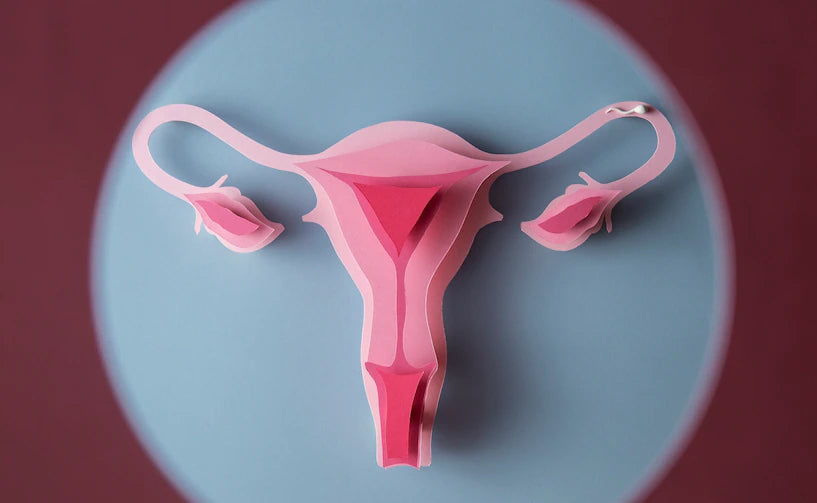When the menstrual cycle permanently and naturally stops on its own for more than a period of 12 months it is referred to as menopause. It occurs due to age only since as a woman ages her ovaries cease to produce female hormones that regulate female fertility.
Menopause is a state of a complete end of reproductivity or fertility. Menopause is a gradual process and the expected age of occurrence is between 48 to 55 years. Some women may attain menopause at the age of 40, which is known as premature menopause. Menopause is not a disorder or disease but it may trigger other health issues and changes in women.
Some prominent symptoms of menopause are: night sweats, emotional changes (mood swings), irregular periods, low fertility, hot flashes, urinary problems, insomnia, putting on excess weight, abdominal fat accumulation, hair fall and thinning. Menopause may cause some major health complications in females such as osteoporosis, cardiovascular ailments, breast cancer and urinary incontinence.
Since menopause is a natural phenomenon and occurs in every woman, there is no cure for it and it can only be managed. The key is to maintain a nutritious diet with enough intake of Vitamin D and calcium. Some people opt for hormone replacement therapy but this poses many threats such as breast cancer, clotting, myocardial infraction and stroke so it is best to manage the symptoms naturally.
Do’s
- Eat a wholesome healthy diet
- Keep yourself hydrated and stay active.
- Choose natural supplements to manage symptoms. Herbs like shatavari, ashwagandha and turmeric and very helpful.
- Manage individual symptoms like headaches, nausea, hot flashes etc. individually as this period can last up to a few months.
- Talk to your partner about what you are experiencing
Don’ts
- Stay away from negativity
- Don’t stress
- Don’t consume excess alcohol and caffeinated drinks






